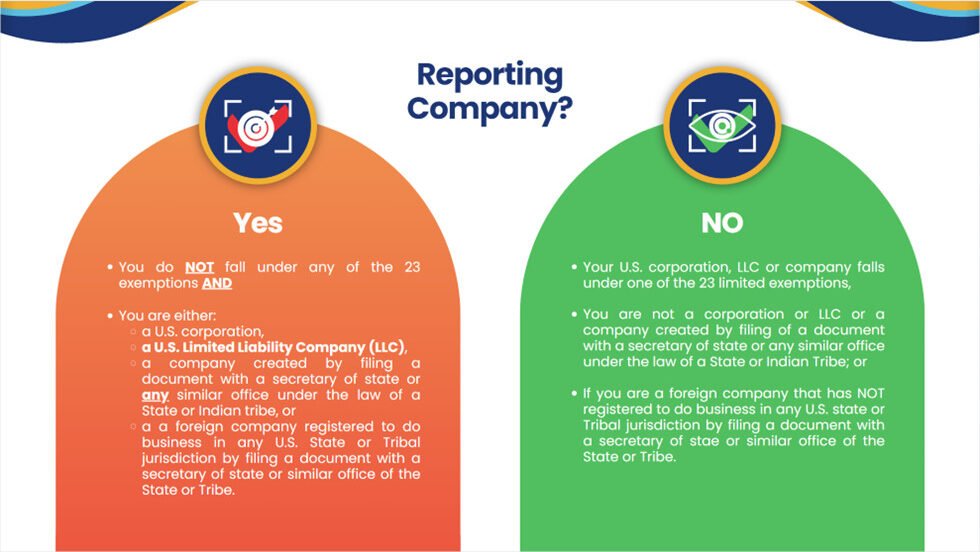Across industries, artificial intelligence (AI) and large language models (LLMs) are transforming how work gets done — and legal services
While Illinois doesn’t have a single comprehensive privacy law like California’s CCPA/CPRA, it remains one of the most evolved states
When a non-unionized company acquires a unionized company, several outcomes are possible, depending on the specific circumstances and legal framework. Here are some key considerations and potential scenarios:
Acquiring a company is a complex process, and when the target company has a unionized workforce, the intricacies multiply. For
The U.S. Department of the Treasury recently released its 2024 National Illicit Finance Strategy, marking a significant step forward in
Understanding Management Structures Choosing the right management structure for your real estate investment LLC is crucial for efficient operations and
In today’s digital landscape, live chat has become an essential tool for enhancing customer engagement and providing real-time support. As
As a business and real estate attorney, I often encounter clients who are excited about the potential of real estate investments but are unsure about the legal intricacies involved. Although an operating agreement is not legally required in Illinois, it is one of the most crucial documents for any real estate LLC. This blog explains why an operating agreement is vital for your real estate investment and outlines the key issues it should address.
In today's digital age, live chat features on websites have become increasingly popular across various industries, including law firms, healthcare providers, and other businesses. These chat tools provide a convenient way for visitors to ask questions, get information, and connect with professionals in real-time. However, there are important considerations that potential clients and users need to be aware of when using these chat features.
In today's digital age, privacy compliance is a cornerstone of ethical business conduct, particularly for organizations handling individuals' personal information. For businesses and organizations in Illinois, understanding and adhering to relevant privacy laws and regulations is paramount to safeguarding the privacy rights of their members and attendees. In this guide, we'll delve into the pertinent requirements under Illinois laws, including the importance of checking local ordinances, and outline the necessary notices and consents to ensure robust privacy compliance across various domains, such as websites, event registrations, and meetings.
In today's interconnected world, social media platforms play a significant role in our personal and professional lives. From LinkedIn to Facebook, tagging has become a common practice for connecting with others and sharing content. However, the dynamics of social media etiquette, particularly concerning tagging individuals in posts, can sometimes lead to unexpected consequences. In this blog, we'll explore the privacy pitfalls associated with tagging in social media and provide best practices for businesses and organizations to navigate these issues effectively.
Determining whether a worker should be classified as an employee or an independent contractor is pivotal for employers to maintain compliance with state and federal regulations. This classification not only influences taxation, benefits, and legal protections but also shapes the dynamics of the working relationship. In this guide, we'll delve into the delineating factors established by both federal statutes and Illinois state laws for classifying workers, supplemented with practical examples to explain the disparities between the two classifications.
As a fitness center owner, protecting your business interests and maintaining a competitive edge are crucial for long-term success. One key aspect of safeguarding your business is ensuring that your employees are bound by appropriate agreements that protect your intellectual property, client relationships, and compliance with local laws.
Setting up a business is akin to laying the foundation for a skyscraper. Every decision made at the outset can significantly impact its future stability and growth. Among the crucial decisions, choosing the right legal structure stands out as paramount. However, navigating the labyrinth of business entities can be daunting. Let's simplify the process and explore the best fit for your entrepreneurial vision.
In recent times, many of us have found our mailboxes inundated with letters and our phones ringing with calls, all from the United States Census Bureau. Amidst this flurry of correspondence, it's crucial to understand the distinction between the NHIS (National Health Interview Survey) and the mandatory U.S. Census Survey. Let's delve into what sets these two apart and why knowing your rights matters.
It's important to recognize that while franchising offers a structured and proven business model, it's slightly different from starting a business from scratch as an entrepreneur.
Dreaming of running your own business under a trusted brand? Franchising might be the perfect fit. But before you take the plunge, it's important to understand the Franchise Disclosure Document (FDD). Not all FDDs are created equal. Let's uncover what it's all about and why it's vital in the franchising world.
Traditionally, selling a business entailed traversing the labyrinth of Letters of Intent (LOIs), followed by exhaustive due diligence and final Purchase Agreements. While effective for large transactions, this approach can overwhelm smaller ventures with its intricacies and costs. Enter the APA – a game-changer in the realm of small business sales.
In today's digital age, a business's online presence is often its lifeline to success. As entrepreneurs, our websites are the digital storefronts of our dreams—the gateways to reaching our audience, showcasing our products or services, and making a lasting impact. But in the whirlwind of building our online presence, one crucial aspect often gets overlooked: website accessibility.
One recent legal decision that has significant implications for the franchising industry is Chamber of Commerce of the United States of America, et al., v. NLRB, et al.
One of the key reasons why a legal review by an attorney is important when buying or selling a business is to protect your interests. The attorney will carefully examine the terms of the purchase or sale agreement, including the purchase price, payment terms, and any contingencies. They will ensure that the agreement reflects your best interests and that you are not exposed to any unnecessary risks.
In the complex world of business transactions, having the right professionals by your side can make all the difference. Whether
What is a Real Estate LLC? A Limited Liability Company (LLC) is a flexible business structure that combines the benefits
As a small business owner, staying compliant with evolving regulations is crucial to the success and sustainability of your business.
Acquiring a company is a complex process, and when the target company has a unionized workforce, the intricacies multiply. For






































